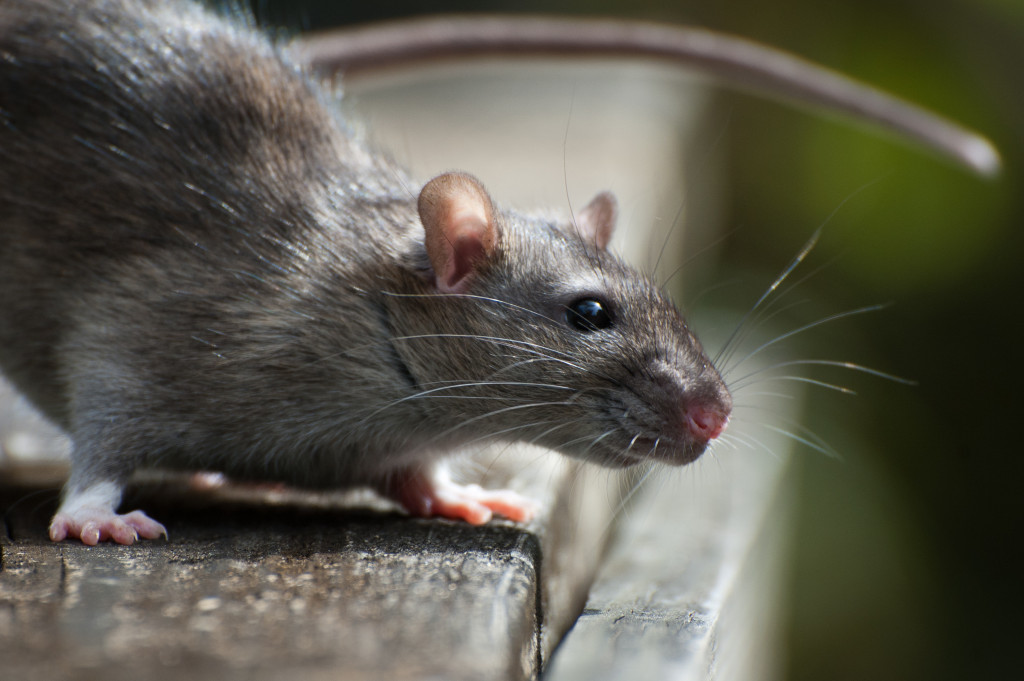Urban gardening creates a patch of green in the middle of a city where flowers and produce can grow, where wild animals can rest, and where helpful little insects can get their food. Although there is less available land compared to rural areas, there is one perk to urban gardening: gardeners do not have to guard their plants against common wildlife like deer and rabbits that eat leaves and fruits. Most of the insects that will visit your garden are harmless and can be rather helpful.
There are, however, still pests in cities that can destroy your hard work. The trick to getting rid of them before they cause damage is to know which critters are harmful so that you can call pest control as soon as possible.
Aphids
Aphids are very small, but you immediately would notice their presence because they often come in swarms. You can find dozens of aphids on the underside of the leaves of affected plants.
These pests are either white, green, black, brown, yellow, or pink in color. They suck the sap out of the entire plant which leads to stunted growth and distorted leaves. They reproduce very quickly and they migrate if the population of aphids in the first plant grows too high.
No plant is safe from aphids. They will feed on just about any plant they can access. However, they have certain favorites such as cosmos, mustard, dahlias, zinnias, and nasturtium.
If you see ladybugs and praying mantis in your garden, do not shoo them away. These insects are harmless and they feed on aphids, helping you control the population of the pests in your garden.
Spider Mites
The cottony webs that appear on the leaves of your plants may be caused by spider mites. These tiny creatures are about the size of a period and, therefore, quite difficult to spot. However, they exist as a colony. As soon as you see one, you can assume that there is a lot more hiding in your garden.
Spider mites are reddish-brown. They suck the fluids out of the plant. As a result, the leaves of affected plants turn pale or yellow, dry up, and eventually fall off.
These pests like to feast on fruits and veggies, including tomatoes, eggplants, beans, and strawberries. Ornamental flowers are not safe either.
Dust encourages spider mites to grow, so consider pouring water on the plant a few times throughout the year (like giving them a bath). However, keeping the plant well-watered will discourage spider mites from targeting your garden.
Rats

In the city, rats are everywhere, even in your garden. Rats will destroy your garden, too. They will feed on your fruits and vegetables, preventing you from enjoying the harvest.
Rats will eat practically anything, but the smell of meat is what attracts them the most. People who may be throwing food scraps into their compost pile may be unwittingly inviting rats into their garden.
To prevent rats from coming and calling your garden their home, remove any standing water. If you have a bird feeder, clean it regularly. And, if you are putting food scraps in your compost pile, get a bin that can be shut securely to prevent rats from having access to it.
Snails and Slugs
Snails and slugs are, in general, harmless creatures, but they feed on leaves, leaving holes in the foliage. Although slow, they can kill large plants and munch on your fruits and vegetables.
Snails and slugs are most active at night, but you would know they are around because you would notice their slimy trail. Those who are in balconies and on rooftops would dodge this problem, but gardens on the ground will have to deal with snails and slugs regularly.
These creatures can be easily removed by picking them off of the plant. You would have to check for snails and slugs regularly to make sure that they are not eating their way through your garden.
Urban gardening is a great hobby. It benefits your happiness and your health as well as create a green oasis in the middle of a concrete jungle. However, they still require diligence and a bit of work. If you are planning to start a garden in your city, prepare yourself for encounters with these common pests.